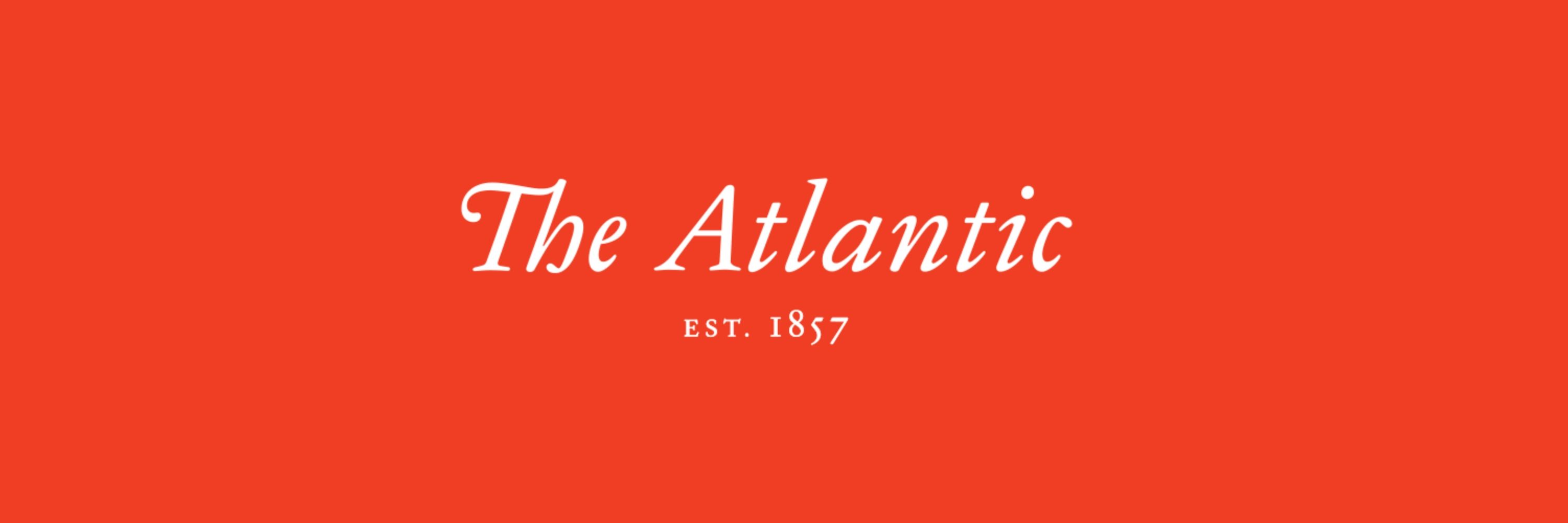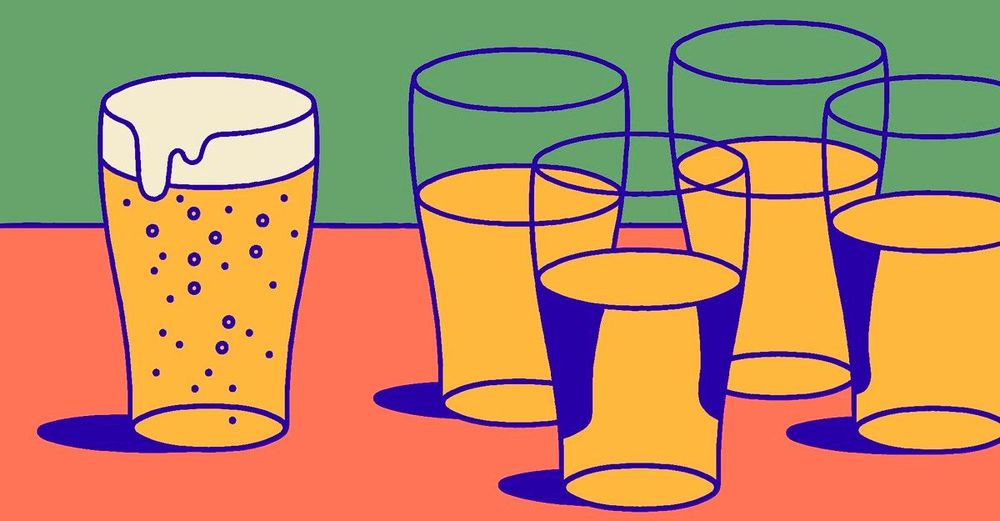The Atlantic
@theatlantic.com
340K followers
77 following
7.5K posts
Exploring the American idea through ambitious, essential reporting and storytelling. Of no party or clique since 1857. http://theatlantic.com
Posts
Media
Videos
Starter Packs
























